Ongoing Study Highlight
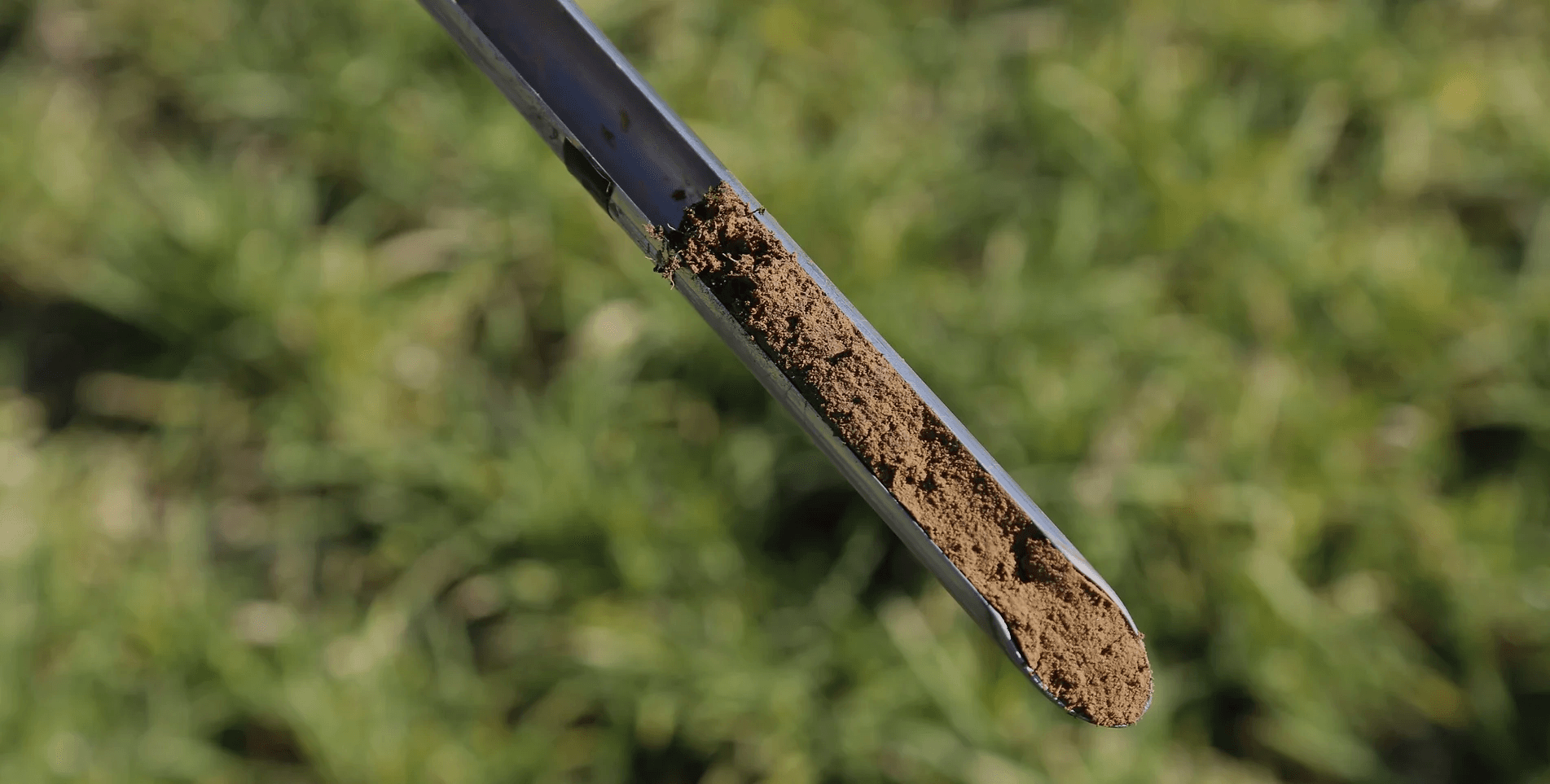

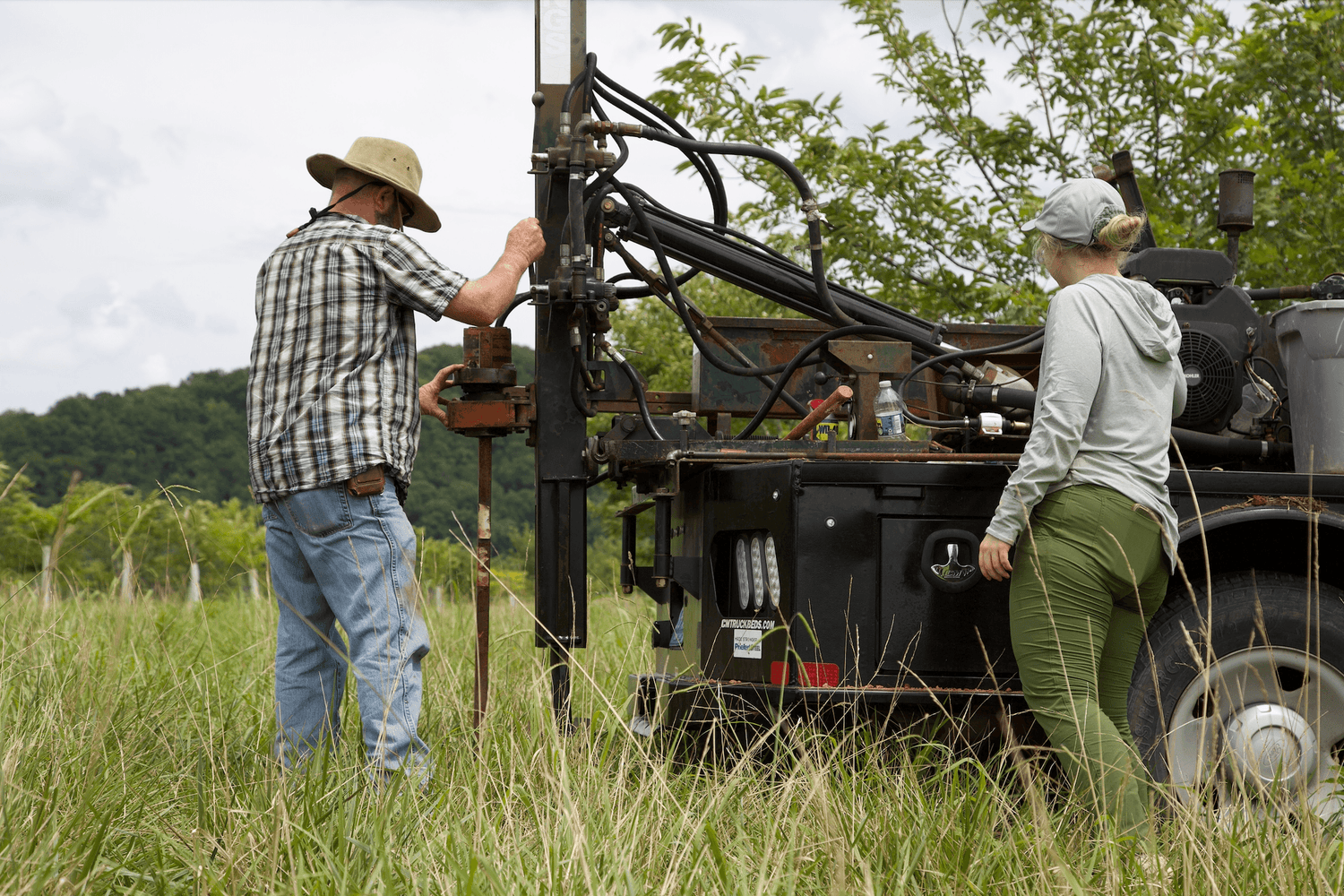
Soil Carbon Accumulation in Organic Agroforestry System
Project Lead: Sindhu Jagadamma
Summary: Organic farming relies on different intensities and frequencies of tillage to minimize weed pressure and to integrate organic nutrient sources. In annual organic cropping systems, tillage is critical to establish and maintain a good crop stand for satisfactory productivity. However, tillage activities can have a negative implication on the soil organic carbon (SOC) pool, raising questions about the climate change mitigation potential of organic systems
One option to increase environmental stewardship of organic systems is by integrating perennial crops that require no or minimal tillage and provide abundant SOC inputs both above and below ground. Agroforestry systems (AFS) is one such perennial system, which includes a combination of trees with shrubs, livestock, and/or crops. Not only does AFS contribute to SOC accumulation, but they yield many other benefits, including reduced runoff, increased soil water holding capacity, enhanced soil health, and additional income if tree selection is strategic. However, because AFS are so variable in their components, stage of growth, and location, it is difficult to understand the influence of the components of AFS on SOC accumulation. This project will seek to understand the influence of the tree components in a chestnut tree integrated silvopasture system at the Caney Fork Farms on SOC stocks. The objective is to determine the effect of tree age and distance from the tree base on SOC storage down to 60 cm soil depth. This will help us understand if growing trees can reduce the carbon footprint of organic farms. This project is jointly funded by the Organic Center and the Foundation for Food and Agriculture Research.
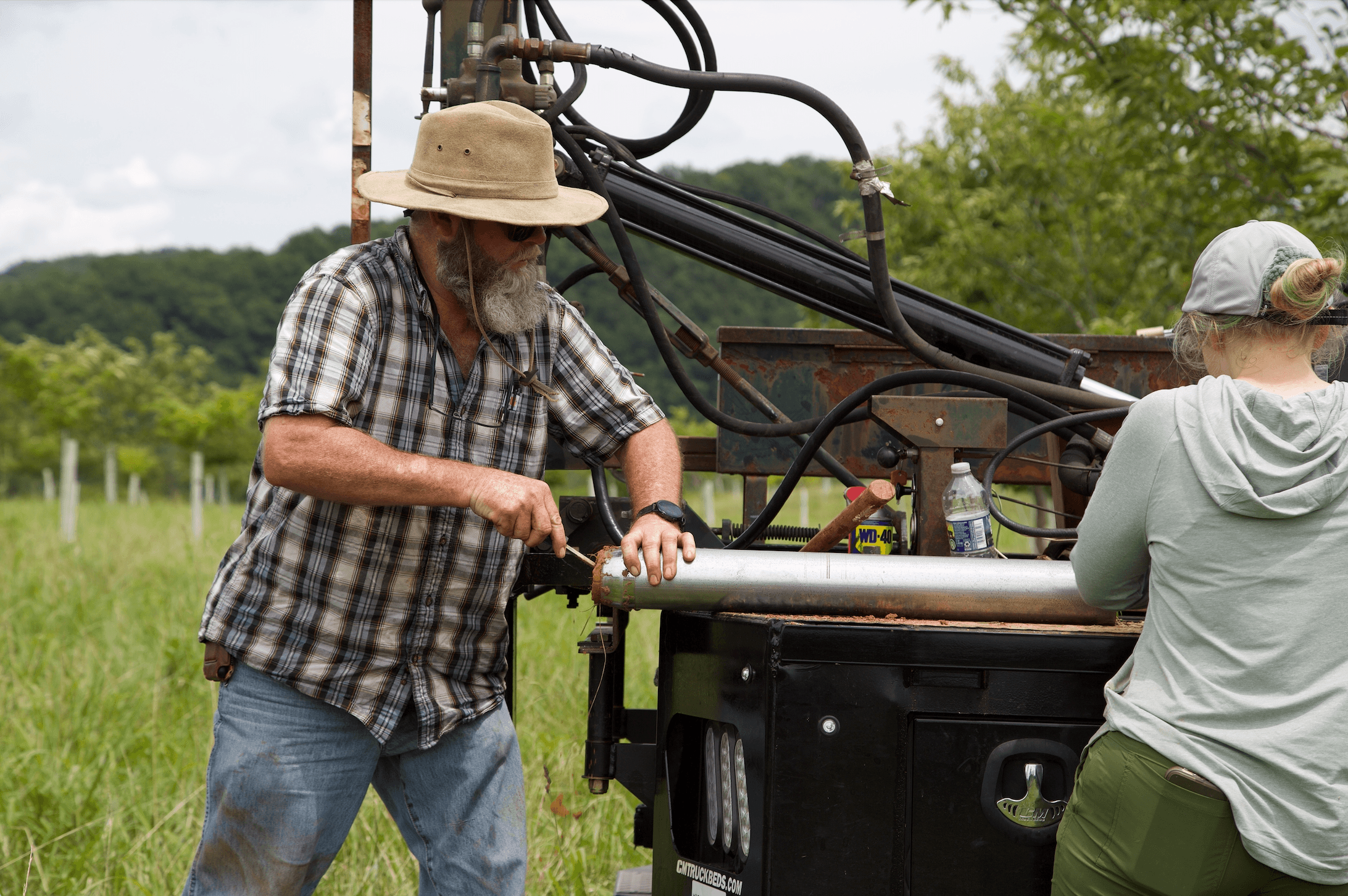
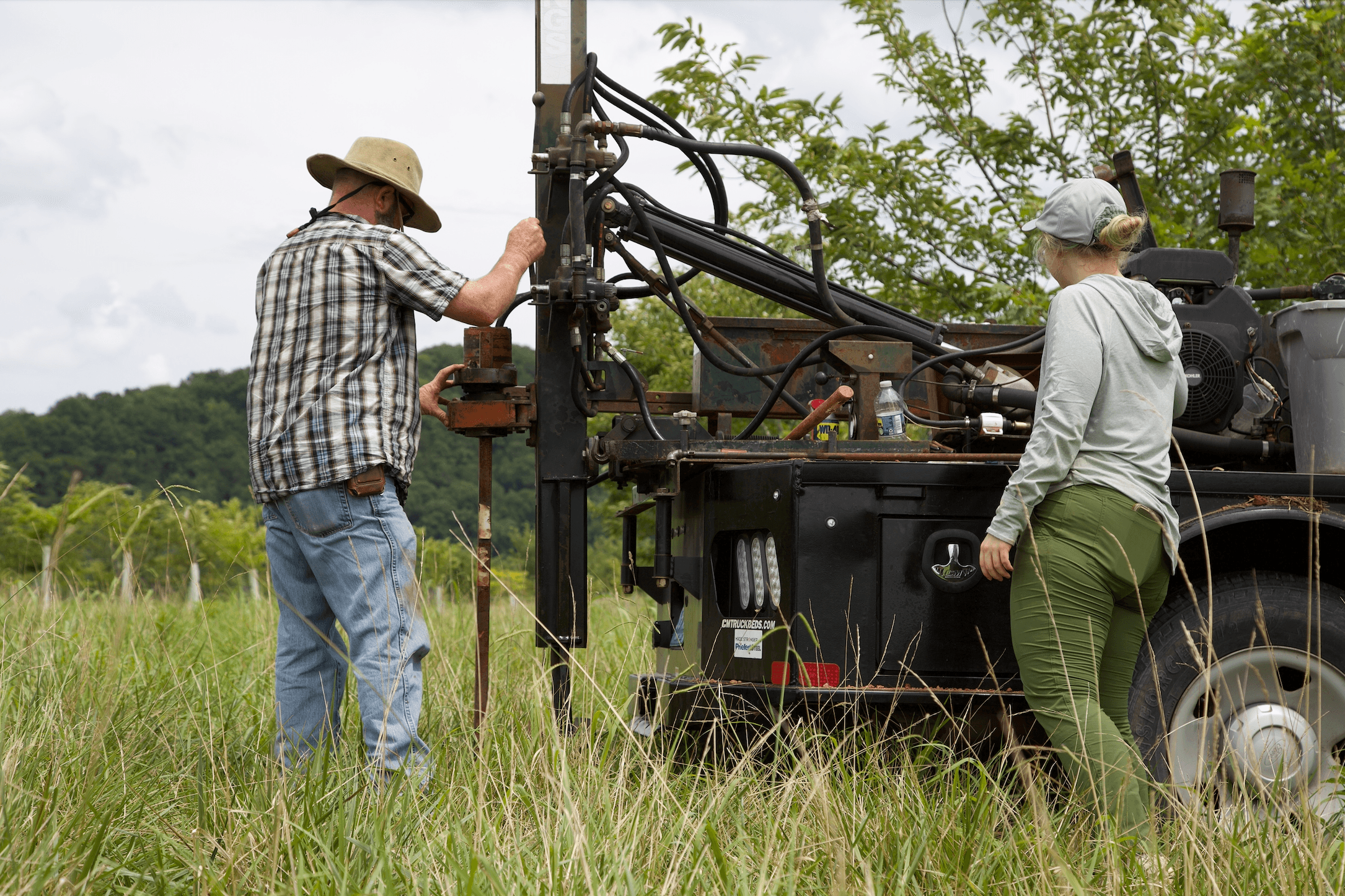
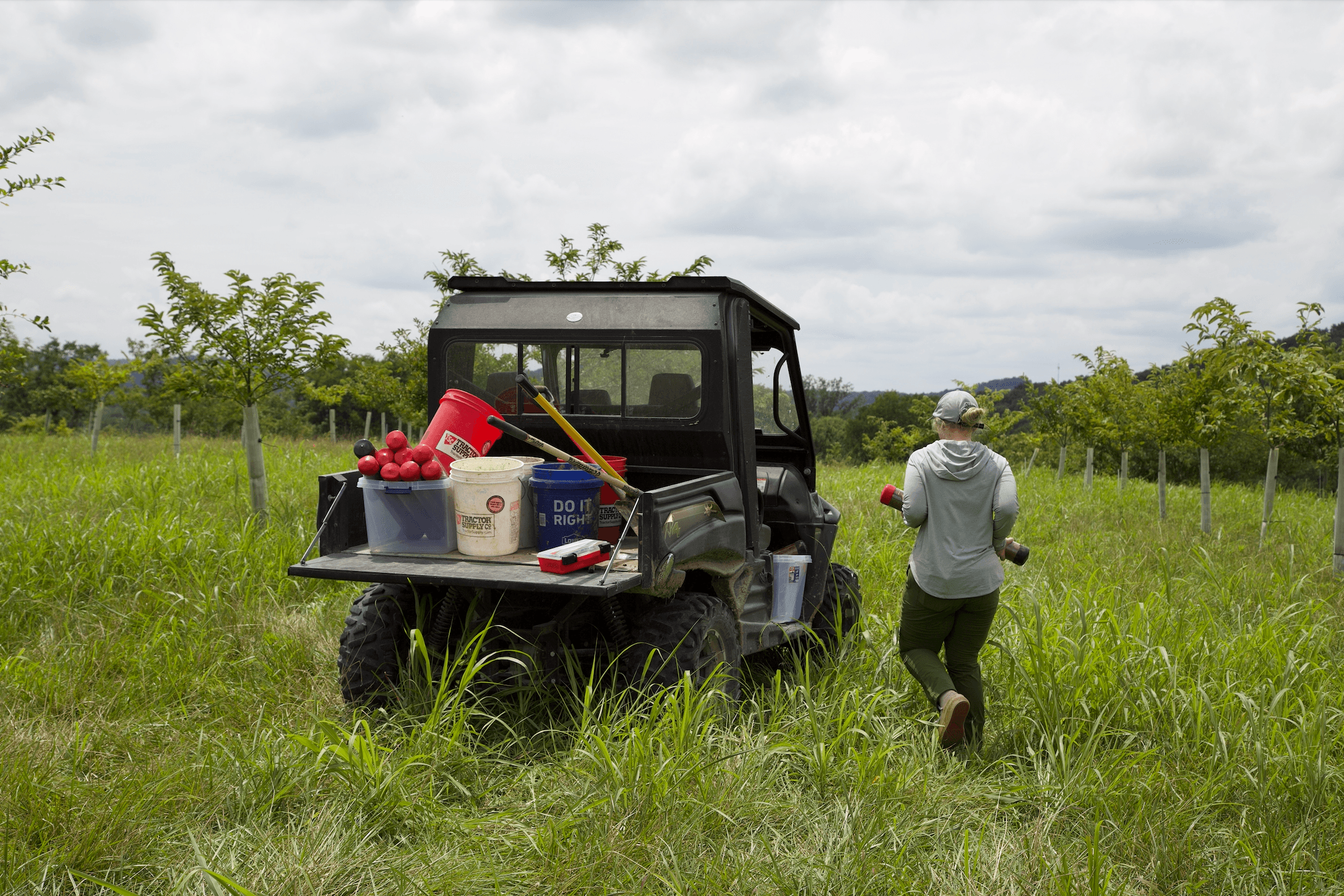
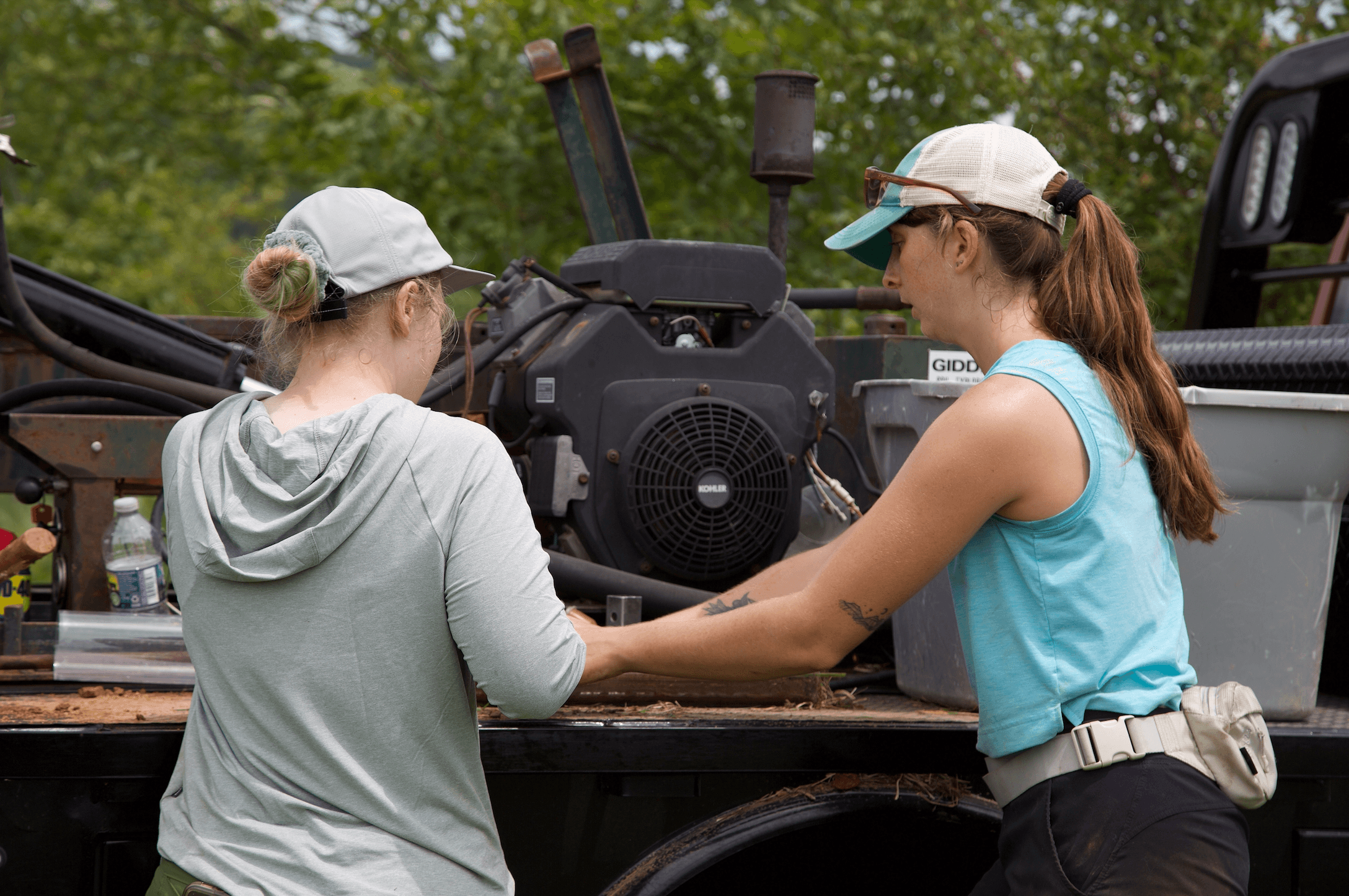
Save 10% on your first purchase
Never miss our updates about new arrivals and special offers
